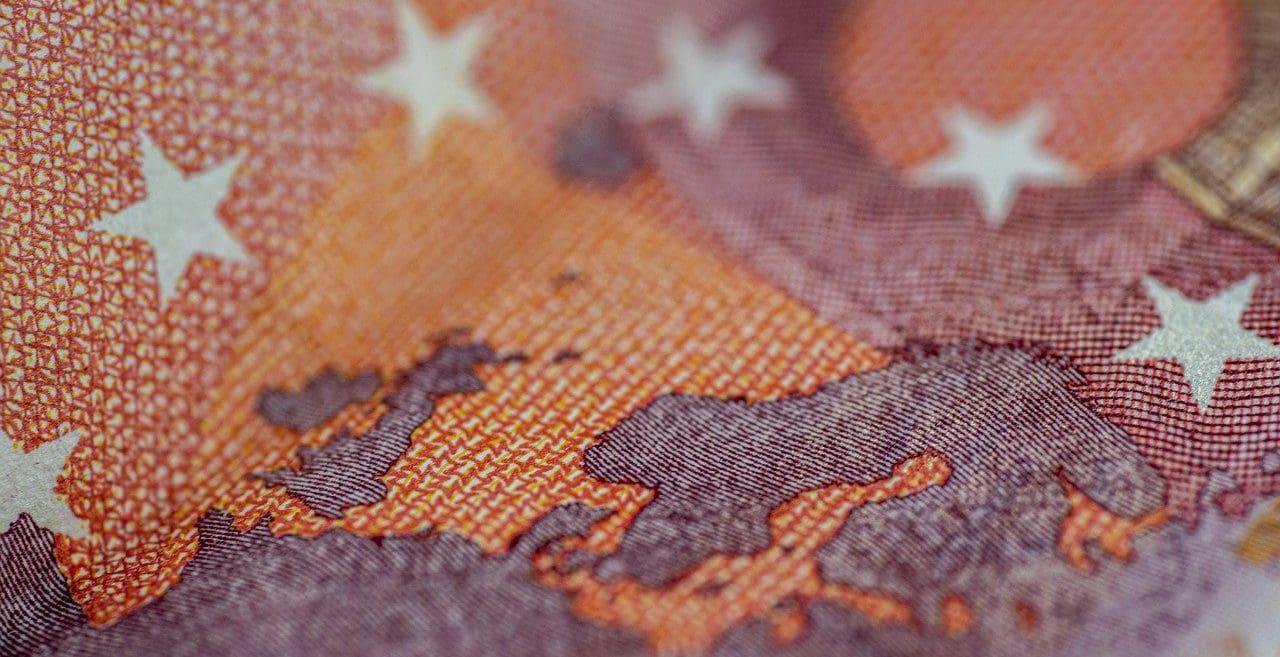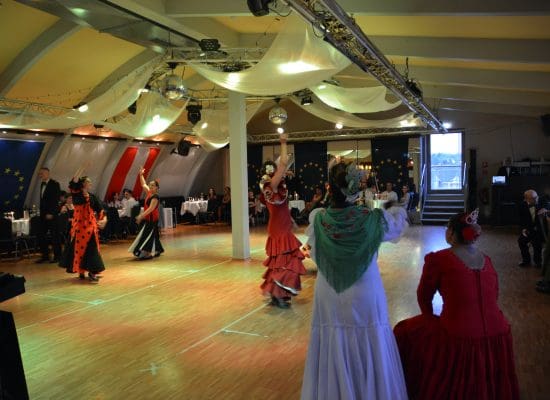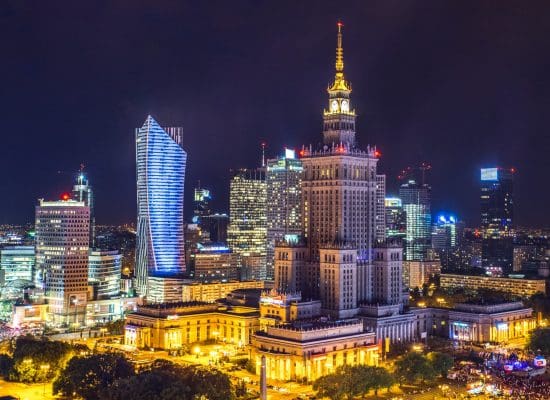Photo: close-up of a euro note | © Pixabay
A cleverly drafted report or comment does one thing above all: It gives food for thought and makes you curious to learn more about the background and connections to the topic addressed. Such a report on statements by Christian Moss, the Secretary General of EUROPA-UNION Germany, was recently published on the website of EUROPA-UNION Heilbronn ("Europe is more than the European Union - 30.6.20: https://www.europa-union.de/ueber-uns/m … sche-union).
Moos addresses the authoritarian developments in a number of EU member states: the undermining of the rule of law through measures to control the judiciary, the restriction of freedom of the press and freedom of expression, the more or less open obstruction of parties and organizations critical of the government, although they are based on the respective state constitution, the attacks on minorities in the respective society. A tried and tested means of control is also to reward government loyalty through public contracts or through the transfer of EU subsidies. Such practices walk on the brink of a borderline that is repeatedly crossed and violates the values enshrined in the EU Treaty. Christian Moss therefore rightly warns: “Those who uphold democracy and the rule of law, an independent judiciary and a free press and, above all, human dignity and universal fundamental rights must not make any rotten compromises with the semi-authoritarian governments, of which unfortunately there are already too many in the Council of the European Union.”
Moos does not write which EU member states he has in mind. One can assume that they are the "usual suspects", not least Poland and Hungary. Poland is the main recipient of funds from Brussels. Although this money is welcome, it is paradoxical that elections can be won at the same time as anti-European sentiment.
The ECJ has recently ruled that some government actions in Eastern Europe are contrary to EU law. The highest European court has repeatedly attested to the national-conservative government in Warsaw that the judicial reform there runs counter to EU law. On April 8.4.2020, 12.7, an injunction ordered the suspension of the law on the disciplining of judges. However, according to the result of the presidential election of XNUMX. quote hopefully: "Poland is not lost yet!" The man whose signature stands on a series of laws that the ECJ has objected to was re-elected only with a wafer-thin majority. The lawyer engaged in a civil rights foundation Marcin Matczak places his hopes in women and the young generation between 18 and 29 years of age. "Perhaps the parliamentary elections will be different in three years' time" (quoted from the Süddeutsche Zeitung of 14.7.20: "Duda's victory reflects Poland's inner turmoil").
In my opinion, the ECJ decision of April 2.4.2020, 2015, which found that Poland, Hungary and the Czech Republic broke EU law when they refused to implement a majority decision by the EU interior ministers in 12, is of greater significance than the Poland judgment cited and accept asylum seekers from Greece and Italy. Hungary and Poland did not accept a single refugee, the Czech Republic accepted XNUMX people. This refusal not only violated EU law, but also played a dirty game with solidarity among EU member states. The contemptuous reactions to the ECJ's findings from the three capitals were depressing, even downright indecent. Downright indecent, because a valid decision was thrown to the wind, while all three convicted countries were and are major recipients of EU funds. The responsible politicians know that they are operating on the edge of a fine line and that their game with the EU and the net contributors certainly cannot go on indefinitely. Maybe that's why their current direction is: EU bashing and collecting money as long as possible. It would be interesting to find out whether the voters in the three countries fully see through the ambiguous actions of their governments and assess the consequences for the image of their country in other EU member states.
once more be Christian Moss quoted: “A European Union in which it no longer matters how its members are constituted has nothing to do with our idea of Europe. Such an EU has no future.” Moos therefore advocates that all EU funding be linked to the condition that the recipients do not have any serious problems with their democratic or constitutional constitution. "This must also apply to future subsidies and loans from the reconstruction program." The Secretary General of EUROPA-UNION Germany is certainly not alone in this view: The EU is more than an internal market and must be more than an economic community.







